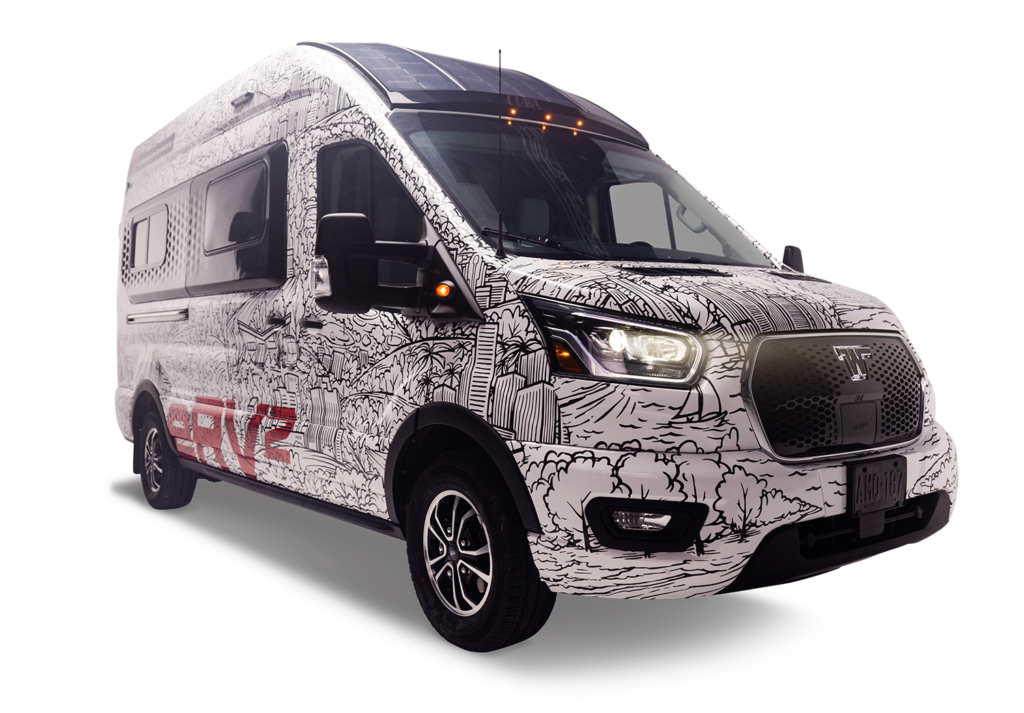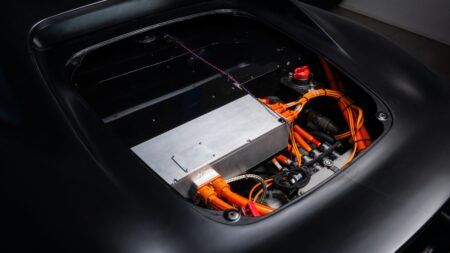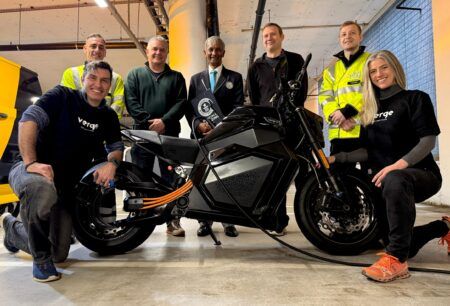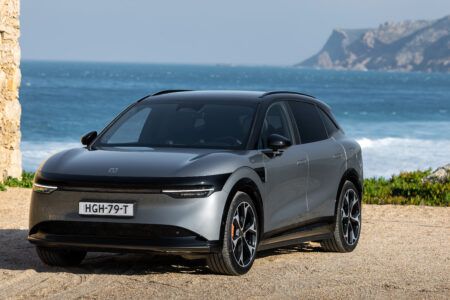Ricardo, a global strategic, environmental, and engineering consulting company, has supported Winnebago in the development and launch of North America’s first all-electric, zero-emission recreational vehicle (RV), called the Winnebago eRV2.
Winnebago chose Ricardo due to its proven track record in diverse product development cycles, launch management and expertise in electric vehicle integration. The team had responsibility for managing the programme delivery of the project through from clean sheet design to vehicle launch, in a specific one-year timeframe. This included project management support in engineering, manufacturing, quality, procurement, and supply chain management.
Additionally, and drawing on the team’s expertise in automotive electrical system development, Ricardo supported Winnebago with the integration of an advanced 48v electrical system, including electrical engineering architecture and wire harness.
“We were pleased to support Winnebago with the company’s first electric prototype launch:,” said Scott St. Clair, Global Vice President of Ricardo’s Strategic Consulting team. “The project enabled the Ricardo team to demonstrate our expertise in the design and integration of software and electrical engineering solutions and was a fantastic achievement. We look forward to working with Winnebago on a future project.”
The launch of the Winnebago eRV2 prototype reflects the projected growth of global recreational vehicle market size and demand for eco-friendly outdoor recreation across North America. The US Government Bureau of Economic Analysis statistics measuring the outdoor recreation economy for the nation show that RVing is the second-largest conventional activity for the nation. North America has seen significant growth, and this has also been accompanied by greater demand for sustainable products which will enable consumers to enjoy the great outdoors with less environmental impact.
“This is a significant development for the Winnebago brand,” said Brian Byndas, VP of Product Engineering and Quality at Winnebago, “As it represents the first time that we have mixed our pioneering legacy, representing not only an achievement in design, innovation, and sustainability, but also our commitment to continuously evolve with the changing needs of consumers. We’d like to thank the team at Ricardo for their supporting on the project, providing expert insights, program management experience and engineering capabilities, helping us to achieve a successful prototype launch, from which we can build.”





